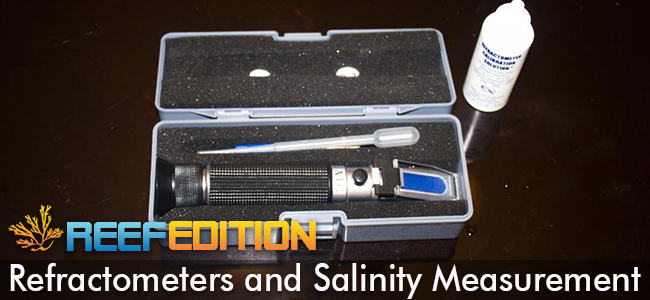- Joined
- Aug 20, 2018
- Messages
- 958
- Reaction score
- 311
So I haven’t done a water change on my reef tank in about 5 months so I decided to calibrate my refractometer before doing one.
I use the brightwell calibrating solution at 25°c and 35ppt. I calibrate and clean the refractometer extremely well with ro water. I then checked the refractometer with bottled water, ro water, tap water and the reading came in at around 1.002. Tested again with the brightwell but still 1.026. Any recommendations?
I use the brightwell calibrating solution at 25°c and 35ppt. I calibrate and clean the refractometer extremely well with ro water. I then checked the refractometer with bottled water, ro water, tap water and the reading came in at around 1.002. Tested again with the brightwell but still 1.026. Any recommendations?















